|
Lessons you can share with your kids or with your inner child. #3 How to be a ‘Feelings Finder’ (just follow the questions):1) Am I calm and peaceful? Yes or No
2) What exactly are you feeling? Consult a feelings chart or answer the questions below:
3) Now that you know what you are feeling, ask yourself if you have felt this way before. You are likely very familiar with this feeling. 4) Focus on this feeling:
5) Now note how big this feeling is right now, on a scale of 1 to 10 with 1 meaning you can barely feel it and 10 meaning the feeling is HUGE. My # _________ 6) Notice that you can make any feeling bigger by thinking about the incident that triggered the feeling in the first place. So. If you reacted with anger when your brother did something annoying, then when you think of him doing that you will feel that anger again and you can turn up the volume on that feeling. Humans can produce feelings just by thinking of events and circumstances – as if we were actually there! The only reason to produce a feeling is to use that feeling to find out where the thought that produced that feeling is actually coming from. This requires you to be a thought detective – coming in the next lesson. Action Step: Notice your feelings for a day. What are the feelings you feel most often? It may sound strange but your body actually wants to feel these feelings, even if they are unpleasant! You can list your frequent feelings here: Here’s a list of some typical unpleasant feelings for you to refer to (you probably already know the good feelings):
1 Comment
Lessons you can share with your kids or with your inner child. #2 It is Your Thoughts that Make You Feel BadYou are never upset at a fact – you are actually upset by your thoughts about that fact. So, if you think you’re upset that you have to do your homework, it is not the homework that is inherently upsetting – that’s just a fact: You have homework to do. What is upsetting to you is that it triggers thoughts about it such as: Life’s hard I’m not in control of my life My parents are mean My parents don’t love me unless I do my homework I am not capable I’m not good enough Success is all about achievement You chose to think those thoughts and you are in control of your thoughts and so you can choose to change them. You can choose to change all thoughts that hurt. Instead of saying to yourself “I have to do my homework”, I can choose to say “I get to do my homework”. Change those words to change the way you think about your homework. Homework now becomes a privilege rather than a chore. With this slight adjustment, it is likely that your thoughts will change to: My parents love me so much they want to educate me So many kids in the world have no schools to go to – I’m one of the lucky ones I wonder what I’ll learn next This homework will help me to get to where I want to go The sooner I finish my homework the sooner I can go outside Action Steps: You can practice changing your thoughts by substituting the words “I have to…” to “I get to…” Throughout the day notice how many times you think “I have to” and each time switch the thought to “I get to”. Notice how it feels! Tom Sawyer, in The Adventures of Huckleberry Finn by Mark Twain, put this into practice when he had to paint the garden fence as a punishment. He convinced his friends to do it for him by having them think “I get to paint the fence” rather than “I have to paint the fence”. They even paid for the privilege. Smart kid that one!
Lessons you can share with your kids or with your inner child.#1 Everything is a Neutral FactThese are just facts:
There’s nothing inherently upsetting about these facts, but we may feel good or bad about them because of our thoughts about them. The good news is that we can change our thoughts – we are in control of our thoughts. That’s pretty good to know!
Facts have no emotion attached to them in and of themselves. However, we react to facts based on our beliefs (ideas) about ourselves. It is your thoughts that cause you to feel bad. So, if mom or dad yells at you, you are likely to be upset – not by the yelling itself, but by what you think it means about you. It is just a fact that the person in front of you is going red in the face, looking angry and speaking at a higher volume than usual, but you are upset about this if you have a made-up idea about yourself that is being triggered. The following made-up ideas would likely be triggered by this scenario: I’m not safe I’m bad I’m guilty I’m not loveable I’m powerless It is almost certain that you have all these beliefs and more. The reason is that you were a tiny being when you came into the world and you are looked after by big people who share these made-up ideas. It can be terrifying at times! It is important to know that these ideas are not true. Action Steps: List your ‘triggers’ as statements of fact. So, for example, if you were upset by something your friend said to you or the reaction of your sister, or something you did that was clumsy, just write: My sister laughed when I broke my favorite model airplane. My friend called me stupid (or whatever it was). I spilled juice on the carpet. Now look at the list and see that when these are stated as facts they no longer have the same emotional charge. Wanting things to be different than they are is painful. By stating facts, you now know that this thing happened. Wishing that it didn’t doesn’t help at all. Actually, the fact that the trigger event happened can be a really good thing because if you have an emotional reaction to any event (or fact) you’ll know that you have an idea about yourself that isn’t true. You can learn how to find and fix those mistaken ideas. Eventually you may even be able to welcome triggers! We’ll work on that another time. Anxiety and stress in teens is an epidemic, and has been well-documented. A 2014 survey revealed that 83% of teens reported school-related stress. Now with COVID-19, increases in gun-violence and racial tensions, the numbers are likely to be even higher. Are there some things that teachers can do to play a role in their student’s mental wellbeing? This article will point to several strategies that can and will make a difference.
Firstly, as parents and teachers, it is important to take a look at our own fears around Covid-19 and school.... At a time when anxiety and depression are rampant in our youngsters, helping them to understand their feelings can go a long way to relieving these debilitating problems.
Children do need to be allowed to feel their feelings and we can help our children to labeltheir feelings. However, we help them to understand where their feelings are coming from when we don’t validate them. In other words, it is OK for my child to feel angry when his best friend breaks his toy, but it’s best not to agree that the anger was because his friend broke his toy. We are never upset for the reason we think. Are your children anxious about Covid-19?
Are your own stress levels increasing with each newscast? Are you wondering how to help your children to calm their worries? We are living in unprecedented times. The world has changed seemingly overnight and we don’t know where this is all leading. Uncertainty about the future tends to provoke anxiety in adults, which is then picked up by our children. One of the best ways to beat anxiety is to have something that you can do right away to calm down. Studies have shown that smiling, being grateful, taking deep breaths and helping others are all powerful ways of relieving stress and reducing anxiety. Here are six tips that you can teach your children and then give them a ‘tool kit’ as a tangible reminder of how to relax whatever the circumstances. You’ll likely have most of these items around. Are your children nervous about going back to school?
Do you have a child going to a new school? Do you worry about your child’s stress levels at school? Back to school can be an anxious time for children, parents and teachers alike. One of the best ways to beat anxiety is to have something that you can do right away to calm down. Studies have shown that smiling, being grateful, taking deep breaths and helping others are all powerful ways of relieving stress and reducing anxiety. Here are five tips that you can teach your children and then give them a ‘tool kit’ they can take in their lunch box or pencil box as a tangible reminder of how to relax whatever the circumstances. You’ll likely have most of these items around, but if not, a visit to the dollar store will provide whatever you need for your tool kit. Family dynamics are complicated to say the least! You may be struggling with your own anxiety or depression while at the same time trying to be the best parent you can be. Kids are more anxious and depressed now than at any other time in history, so having a happy family may seem like a pipe dream to you. There is a way to help everyone feel better if you can adopt three simple (but not easy) mindsets and practice them every day.
The answer is: It depends! There is nothing intrinsically wrong with competition—it can be fun to compete. The problem comes when a child equates her worth with the outcome of the competition. I’m worthy if I win. I’m worth less if I lose. A child who knows his Inherent Worth (IW) will be OK no matter what the outcome of the competition—his worth is not at stake. Competition will be fun for the competitors when they are secure in their awareness of their IW. Avoid competitions until you are sure of that. If you can’t avoid it here are a few tips:
|
Author I know firsthand the emotional and financial costs of having a troubled teenager and I don’t want that to happen to you. That's why I wrote my book What They Don't Teach in Prenatal Class: The Key to Raising Trouble-Free Kids and Teens (available on Amazon). Archives
April 2022
Categories
All
|
get in touch
Email: [email protected] Tel: (1) 604 720 2776
Sign Up to my newsletter
Get information and articles about how to raise happy, mentally-healthy, and addiction-free kids!



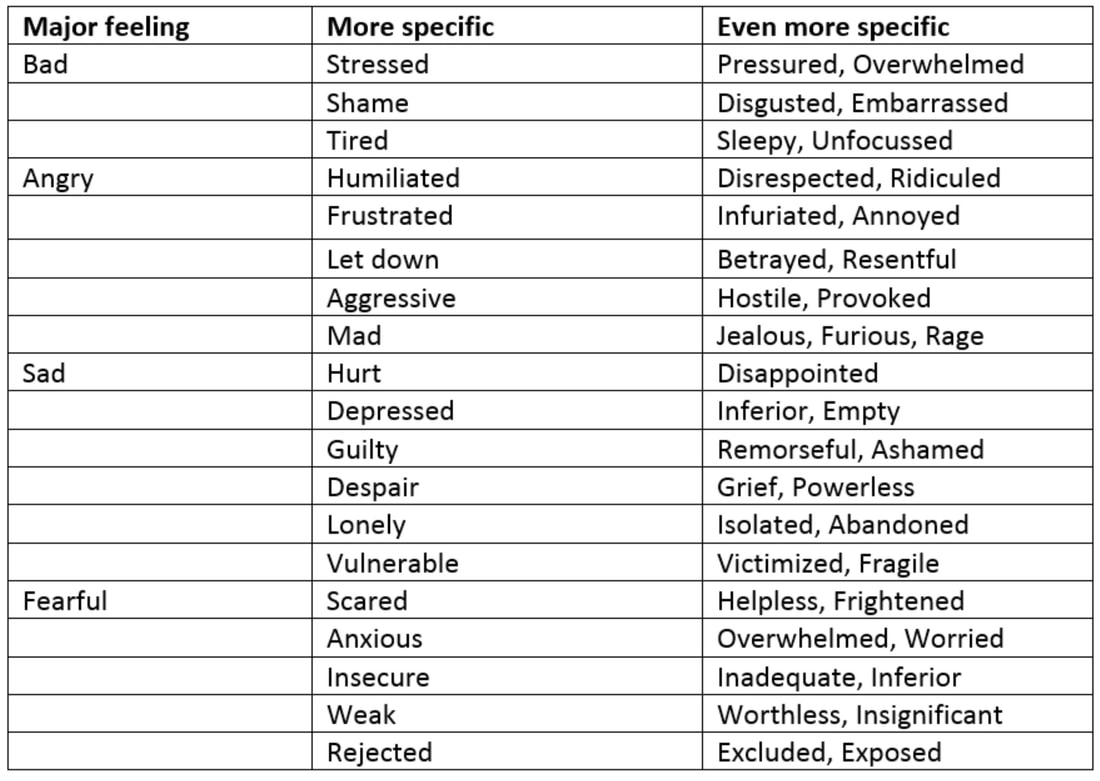

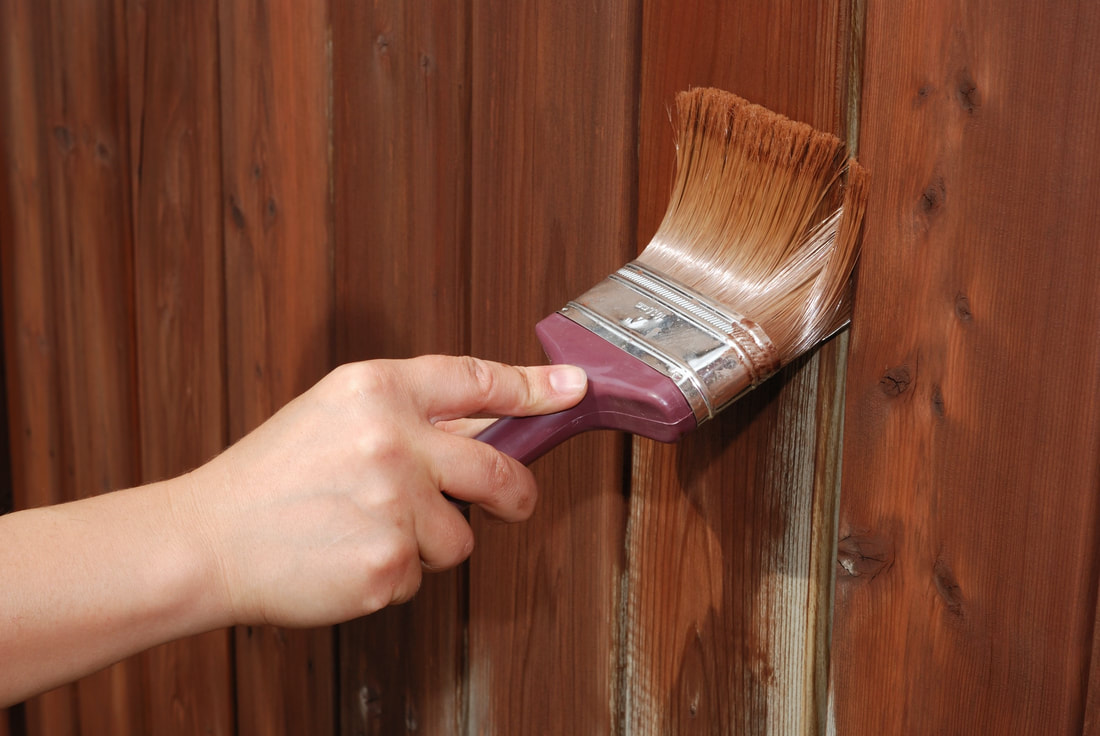



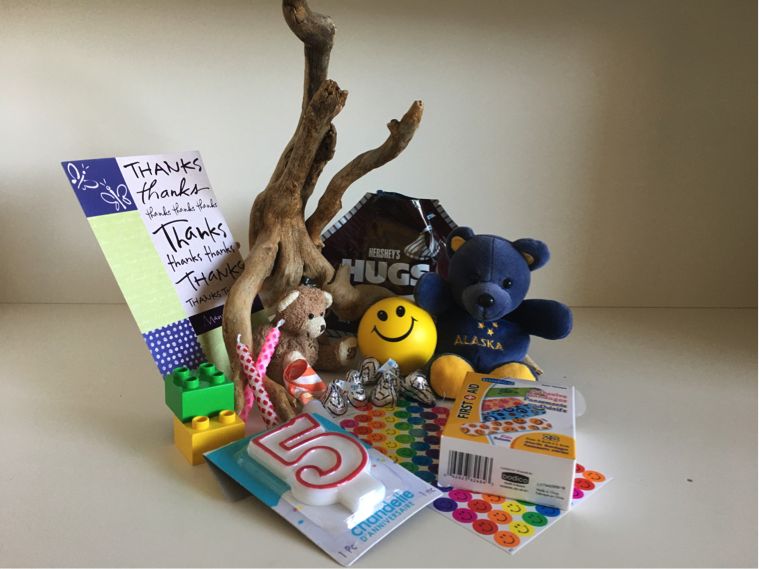
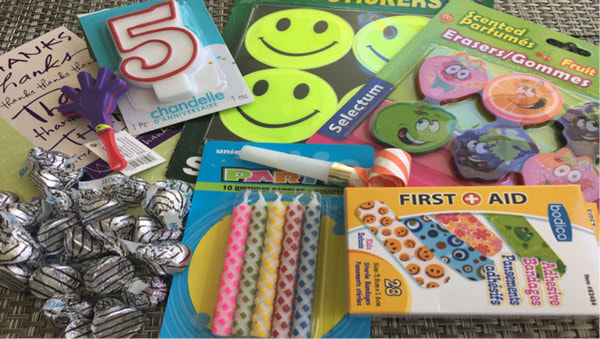
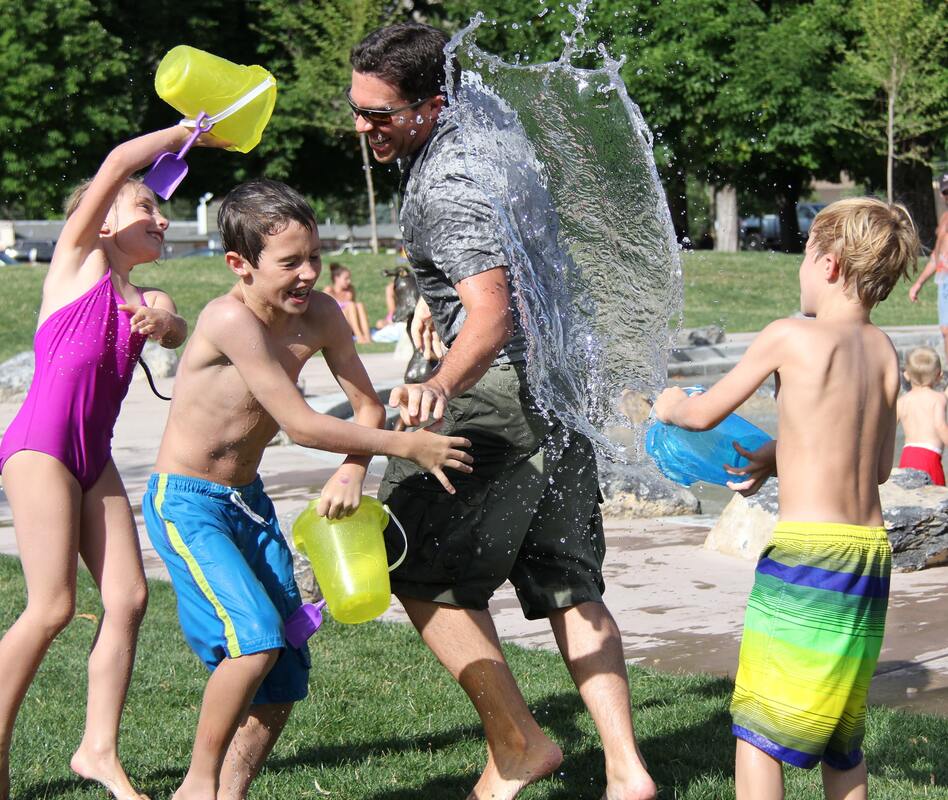

 RSS Feed
RSS Feed